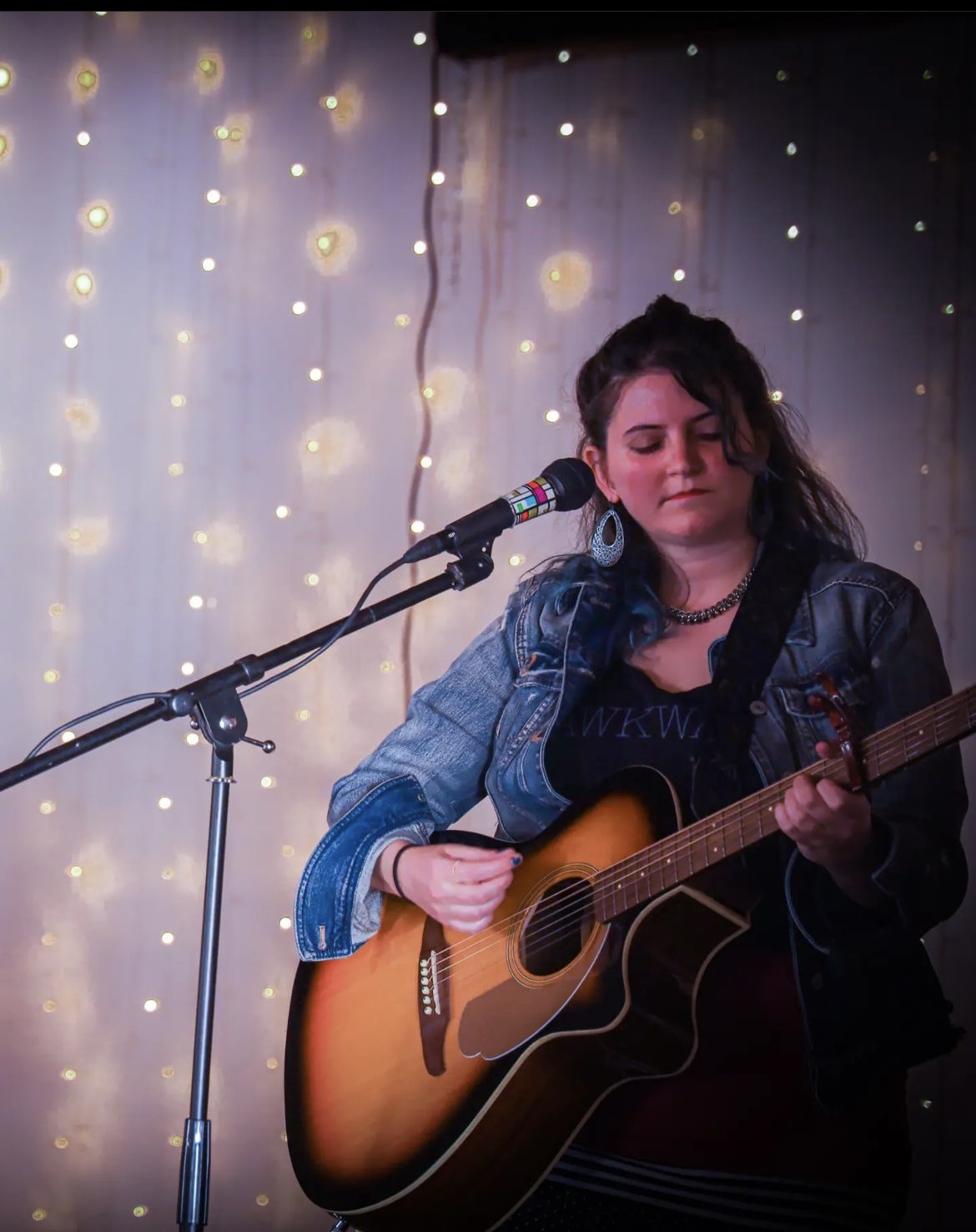The cost of inaction
- jesskaps

- Aug 29, 2023
- 5 min read
Updated: Aug 29, 2023
2023.08.28 @ 22:44 MDT / 21:44 PDT

Sometime within the last couple of years, I stumbled upon a documentary on the Salton Sea of California. This place is riddled with that which I find most fascinating. History. Hope. Human error.

Geology and humanity colliding in a fortuitous series of events to create this hauntingly gorgeous body of water. A striking and eerie sight. Peaceful and painful. Remnants of what appear to be ghost towns where over 650,000 people still reside. Why? How? And of course. A government that refuses to listen to and offer resources to the people it claims to serve. Do we learn nothing from history? (See: Owens Lake; AKA largest source of dust pollution in the USA).
And that smell. Not exactly a smell I would like to capture in a bottle and bring back with me. I drove to Los Angeles following my Salton Sea adventures, parked my car (miraculously) near the corner of West 6th and South Spring Street. Walked to the place where I would be staying, dropped some stuff off and then walked back... and my car still reeked of the Salton Sea. Hours later.
"We don't notice it," some locals explained. Huh. Makes sense, I suppose. "When we take a vacation, go to the ocean... that has a distinct smell. But the Salton Sea doesn't really smell like anything to us. Certain times of the year it might seem a little stronger, in spring or summer maybe, but it's nothing that bothers us."

For me? It smelled like death. There is no other way to describe it. Makes sense given that the crystalline white shores are littered with what looks like... shattered animal bones? Fish? Birds?
The closer I wandered towards the water, the harder it was for me to tolerate the stench. Supposedly the water itself is not "a sewage pit" despite the rumors. However, the saline levels are so high that the sea cannot support the diverse animal life like it once did. Some tilapia remain in certain areas, according to locals. But most of the fish have died out. And the birds? The sea remains an essential ecosystem for migrating birds, whose primary source of food is presently likely the abundance of bugs swarming the area. Even the birds are not what they once were.
I met a bird watcher during my travels. "[Hurricane] Hilary brought in some birds we don't typically see this time of year!"

The people. The resilience of these people. Their character. Their calm. Creativity. Knowledge. Humor. Humility. While simultaneously sharing a unique pride in their home land. Perseverance. I thoroughly enjoyed conversing with everyone I encountered during my travels along the eastern coast of the Salton Sea.
"What is your takeaway from being here versus what you saw in the documentary?" I was asked. A thoughtful question that caught me off guard.
"The documentary can make it seem like it's a really depressing situation and the sea is just this toxic, infested cesspool and wasteland. Like why would anyone want to live here!? But there's more to it than that. We're more than that."
To this day, the Salton Sea is still the largest body of water in the entire state of California. It has almost twice the salinity of ocean water. The water is evaporating at an abnormally rapid rate. This continues to increase saline levels, make the environment less hospitable for birds that rely on the sea, and expose more and more dried lakebed filled with crushed animal carcasses, salt, toxic fertilizer remnants, and dust that gets blown into the surrounding atmosphere of the Imperial Valley and can travel well beyond as far as Phoenix and Los Angeles.

Health concerns are an issue for residents who live along the Salton Sea. They suffer from higher rates of asthma than anywhere else in the USA. Cardiac disease. Lung cancer. Increased death rates.

And what is the government doing to help? A people cry out, and they are repeatedly ignored. Placated. Offered a plan that isn't a plan and let's revisit this in fifteen years time and oh crap time has run out and we never developed an adequate solution. (See: Quantification Settlement Agreement.)
A coincidence that 85% of the community affected is Hispanic/Latino? Doubtful.
One of the people who was involved in helping? Sonny Bono, before his untimely death 1998. The people have continued his mission and created the "Sonny Bono Salton Sea National Wildlife Refuge" to continue the work he began. Fun fact I learned in my travels -- El Centro is the birth place of Cher.

Yet. Their spirits remain intact. Bombay Beach, a once booming vacation spot for Hollywood stars like Frank Sinatra, Bing Crosby, and The Beach Boys turned almost ghost town is seeing new life as a thriving arts community.
------------------------
"The community here is scared. And frustrated. Because the resources that we need to thrive and be healthy just simply aren't coming."
~ Kerry Morrison, Mayor 2014-2018, West Shores, Salton Sea*
"Selfish. Selfish. Groups of different people not doing the right thing. That's what kills me."
~ Steven Johnson, Resident, Bombay Beach*
"California is idly standing by and allocating very few resources to a massive environmental disaster. The state has come up with very little money and has been far behind... for decades."
~ Kerry Morrison, Mayor 2014-2018, West Shores, Salton Sea*
"It's a creeping environmental problem. Which means that it's just slowly changing at the Salton Sea and we can see those changes now. But it's essentially a gradual accumulation of impacts. It's not like a forest fire or an earthquake or a freeway collapse where we can say, 'Here's the problem; we have to solve this now.' We're gonna go back to the Salton Sea next year and five years and say, 'Well, this is much worse than it used to be. We should have done something five years ago.' But. It's not that immediate crisis that people seem to respond to quickly."
~ Michael Cohen, Senior Researcher, Pacific Institute*
"Everything changes. It won't be exactly what it was. That's history."
~ Lana Hall, Gus Eilers's granddaughter*
"We would like to see this return to what it was in the 60s... and we can do better now. We can have a thriving economy and not just a vacation point in the future."
~ Art Gertz, Vice Mayor, West Shores, Salton Sea*
------------------------
My takeaway?
The cost of inaction. What is the tradeoff?
People are resilient regardless.
As is nature.
However. In a battle... nature always wins.
"It's a lesson from history that we don't have to repeat."
~ Kerry Morrison, Mayor 2014-2018, West Shores, Salton Sea (referencing Owens Lake)*
------------------------
* = quote from the documentary, "Miracle in the Desert: The Rise and Fall of the Salton Sea."
I encourage you to watch the full hour-long documentary and form your own thoughts. Learn more information on how you can help. Become involved in the local community if you live there. Visit the Sea if you have never been. Talk to people. Write to government officials in the state of California asking them what they are doing about the Salton Sea -- and pressure them as to why they are so far behind on their "plans"? The solution starts with us. Everyone.
"The most important thing we can do to be a part of the success and restoration at the Salton Sea is to come to the table. To be a part of these conversations that are affecting our lives. We can't expect that someone is going to fix this for us. We're all a part of the solution whether we like it or not."
~ Kerry Morrison, Mayor 2014-2018, West Shores, Salton Sea*















Comments